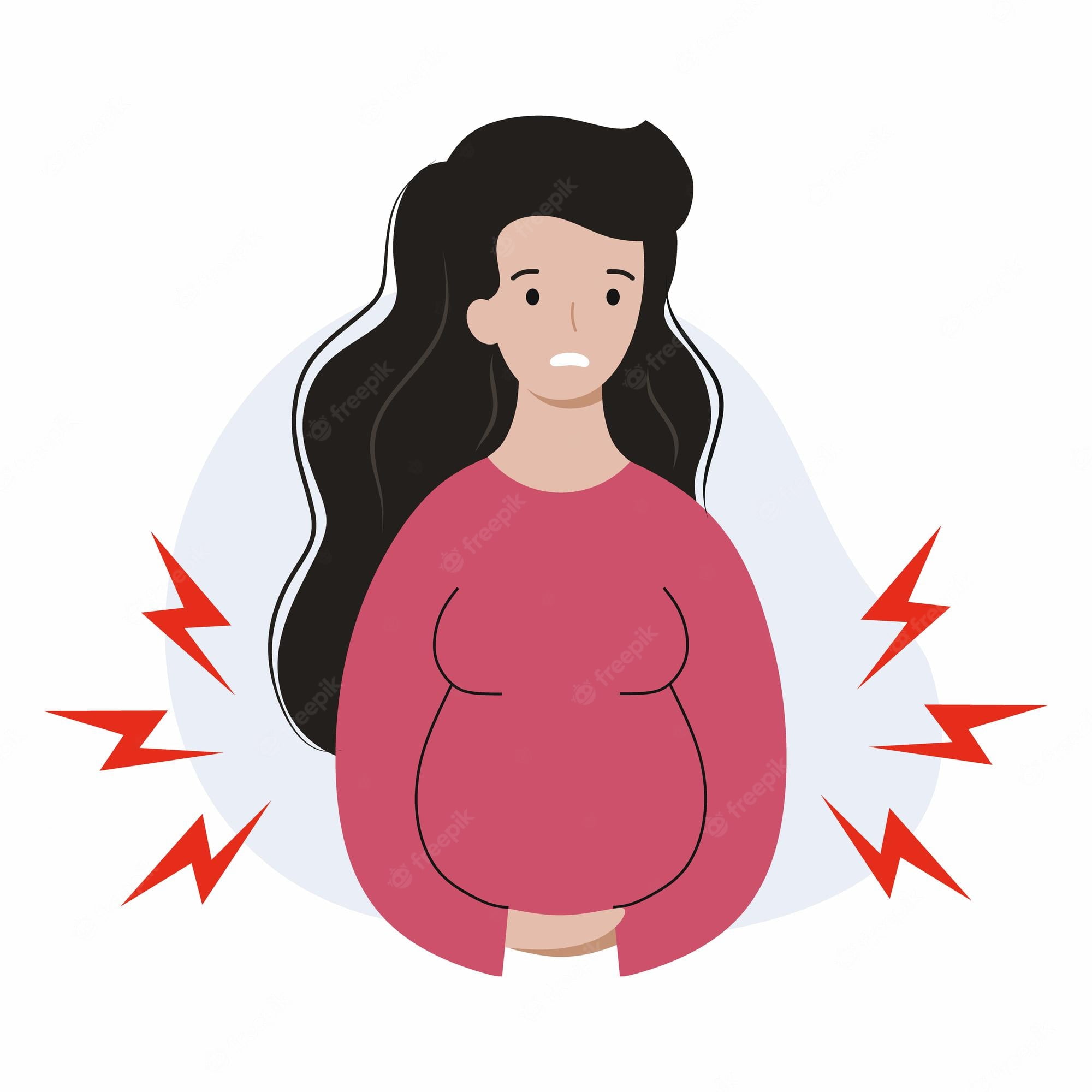Introduction
Pregnancy can be a beautiful journey filled with excitement, anticipation, and joy. However, with each pregnancy, a woman’s body goes through changes that can result in physical and emotional symptoms. If you’re expecting your third child, it’s important to recognize and cope with the symptoms of a third pregnancy to ensure a smooth and healthy pregnancy. In this article, we’ll explore some of the common symptoms of a third pregnancy and provide tips on how to cope with them.
Physical Symptoms
- Morning sickness: Morning sickness is a common symptom of pregnancy and can occur at any time of the day. During a third pregnancy, the symptoms of morning sickness can be more severe, and it can last longer than in previous pregnancies. To cope with morning sickness, try eating small, frequent meals and avoid foods that trigger nausea.
- Fatigue: Fatigue is another common symptom of pregnancy, and it can be more intense during a third pregnancy. It’s essential to get enough rest and sleep to cope with the fatigue.
- Back pain: Back pain is a common symptom of pregnancy, and it can be more severe during a third pregnancy due to the added weight of the baby. To cope with back pain, try practicing good posture, using a pregnancy pillow, and doing gentle exercises such as yoga.
- Swelling: Swelling is a common symptom of pregnancy, and it can be more pronounced during a third pregnancy. To cope with swelling, try elevating your feet, wearing comfortable shoes, and avoiding standing or sitting for long periods.
Emotional Symptoms
- Anxiety: It’s common for expectant mothers to experience anxiety during pregnancy, especially during a third pregnancy. To cope with anxiety, try practicing relaxation techniques such as deep breathing or meditation, talking to a therapist, or joining a support group.
- Guilt: Some mothers may feel guilty about having another child, especially if they have older children who may feel left out. To cope with guilt, try involving older siblings in the pregnancy process, and reassure them that they will always be loved and valued.
- Depression: Depression is a common emotional symptom of pregnancy, and it can be more severe during a third pregnancy due to the added stress and demands of caring for multiple children. To cope with depression, talk to your healthcare provider, and consider joining a support group.
Conclusion
Recognizing and coping with the symptoms of a third pregnancy is essential for a healthy and smooth pregnancy. By understanding the physical and emotional symptoms of a third pregnancy and implementing coping strategies, expectant mothers can enjoy this beautiful journey and prepare for the arrival of their newest family member. Remember, if you’re experiencing severe or persistent symptoms, don’t hesitate to talk to your healthcare provider.





